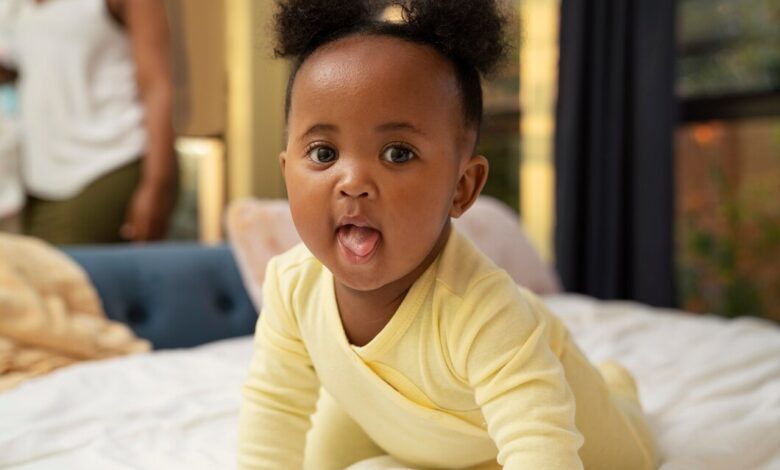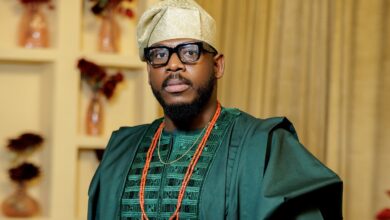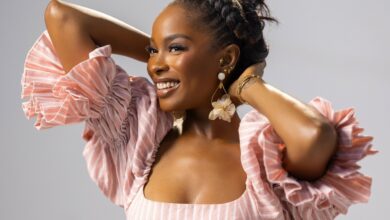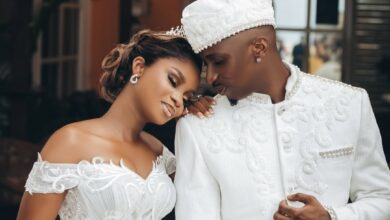Nigeria’s Most Popular Baby Names

Choosing a name for a newborn is a deeply significant cultural tradition, reflecting family heritage, aspirations, and sometimes even societal trends. In Nigeria, a country rich in diversity with over 250 ethnic groups, naming customs vary widely across regions and religions. Here’s a glimpse into some of the most popular baby names currently favored across Nigeria:
Yoruba Names:
- Oluwaseun: Meaning “God has done wonders.”
- Ayomide: Translating to “my joy has arrived.”
- Oluwafemi: Signifying “God loves me.”
- Toluwalope: Which means “God is worthy of praise.”
- Oluwatobi: Meaning “God is great.”
Igbo Names:
- Chukwuemeka: Literally means “God has done something great.”
- Chinyere: Translating to “God gave.”
- Chidinma: Meaning “God is good.”
- Oluwakanyinsola: A Yoruba-Igbo blend, signifying “God added to my wealth.”
- Kosisochukwu: Which means “as it pleases God.”
Hausa Names:
- Muhammad: Named after the Prophet Muhammad, widely revered among Muslims.
- Fatima: Popular among Hausa Muslims, honoring the daughter of the Prophet Muhammad.
- Abubakar: A name often given to signify blessings.
- Aisha: Another name rooted in Islamic tradition, meaning “alive” or “living.”
- Aliyu: Commonly given to honor Ali, a key figure in Islam.
Other Nigerian Names:
- Ezinne: A name from the Igbo tribe meaning “good mother.”
- Osaretin: From the Edo tribe, meaning “God owns the day.”
- Aminu: A Hausa name meaning “trustworthy.”
- Amara: Igbo for “grace” or “mercy.”
- Chiemeka: A unisex Igbo name meaning “God has done great.”
Trends and Influences:
The choice of baby names in Nigeria often reflects religious beliefs, family values, and aspirations for the child’s future. Islamic names like Muhammad and Aisha are prevalent among Hausa communities, while Christian names such as Oluwaseun and Chukwuemeka are popular among Yoruba and Igbo families, respectively.
Naming practices in Nigeria are deeply rooted in cultural, religious, and linguistic diversity, making each name a unique reflection of heritage and faith. Whether traditional or modern, each name carries a story and a hope for the future generation of Nigerians.
Choosing a name for a baby is not just a matter of personal preference but a cultural statement that connects generations and communities across Nigeria’s vibrant tapestry of ethnicities and beliefs.




